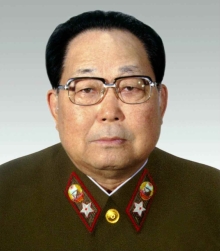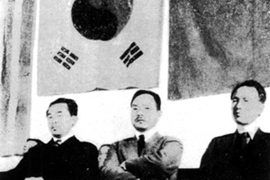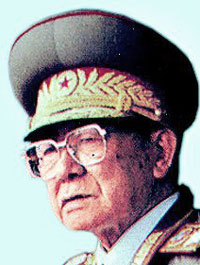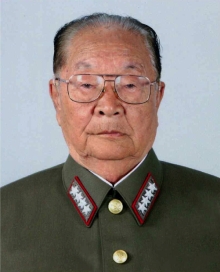We, the representatives of 20,000,000 united people of Korea, hereby proclaim the independence of Korea and the liberty of the Korean people. This Proclamation stands in witness to the equality of all nations, and we pass it on to our posterity as their inalienable right.
With 4,000 years of history behind us, we take this step to insure to our children forever life, liberty and pursuit of happiness in accord with the awakening consciousness of this new era. This is the clear leading of God and the right of every nation. Our desire for liberty cannot be crushed or destroyed.
After an independent civilization of several thousand years we have experienced the agony for fourteen years of foreign oppression, which has denied to us freedom of thought and made it impossible for us to share in the intelligent advance of the age in which we live.
To assure us and our children freedom from future oppression, and to be able to give full scope to our national aspirations, as well as to secure blessing and happiness for all time, we regard as the first imperative the regaining of our national independence.
We entertain no spirit of vengeance towards Japan, but our urgent need today is to redeem and rebuild our ruined nation, and not to discuss who has caused Korea's downfall.
Our part is to influence the Japanese Government, which is now dominated by the old idea of brute force, so that it will change and act in accordance with the principles of justice and truth.
The result of the enforced annexation of Korea by Japan is that every possible discrimination in education, commerce and other spheres of life has been practiced against us most cruelly. Unless remedied, the continued wrong will but intensify the resentment of the 20,000,000 Korean people and make the Far East a constant menace to the peace of the world.
We are conscious that Korea's independence will mean not only well being and happiness for our race, but also happiness and integrity for the 400,000,000 people of China and make Japan the leader of the Orient instead of the conqueror she is at the present time.
A new era awakes before our eyes, for the old world of force has gone and out of the travail of the past a new world of righteousness and truth has been bom.
We desire a full measure of satisfaction in liberty and the pursuit of happiness. In this hope we go forward.
We pledge the following:
1. This work of ours is in behalf of truth, justice and life and is undertaken at the request of our people to make known their desire for liberty. Let there be no violence.
2. Let those who follow us show every hour with gladness this same spirit.
3. Let all things be done with singleness of purpose, so that our behavior to the end may be honorable and upright.
The 4252d[ sic ] year of the Kingdom of Korea, 3rd month, 1st day. Representatives of the people :
The signatures attached to the document are:
Son Byung Hi, Kil Sun Chu, Yi Pil Chu, Pak Yun Song, Kim Won Kyu, Kim Pyung Cho, Kim Chang Chun, Kwan Dong Chin, Kwan Byung Duk, Na Yung Whan, Na Yum Hup, Yang Chun Paik, Yang Hun Mok, Yi Yo Dur, Yi Kop Sung, Yi Muin Yong, Yi Suing Hui, Yi Chon Hun, Yi Chon Il, Yim Yi Whan, Pak Chun Sang, Pak Hi Do, Pak Tong Won, Sim Hong Sik, Sim Sok Ku, Oh Sai Chung, Oh Wha Yun, Chun Chu Su, Che Song Mo, Che In, Hang Yong Yun, Hong Byun Ki, Ho Ki Cho.











